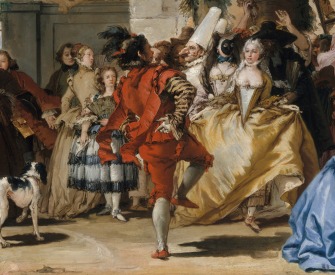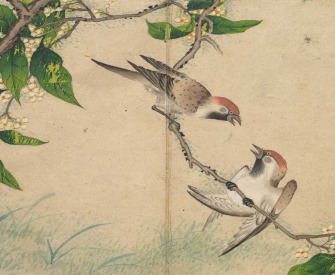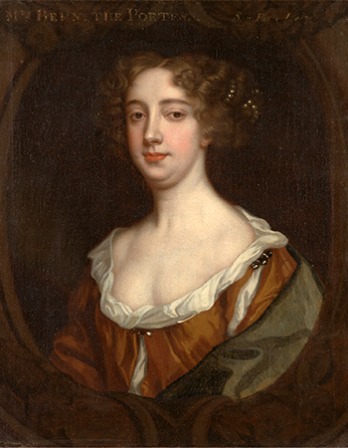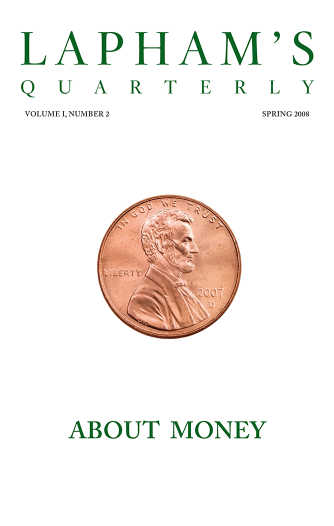Ready to taste a thousand joys,
The too transported hapless swain
Found the vast pleasure turned to pain;
Pleasure which too much love destroys.
The willing garments by he laid,
And heaven all opened to his view,
Mad to possess, himself he threw
On the defenceless lovely maid.
But oh what envying gods conspire
To snatch his power, yet leave him the desire!
Nature’s support (without whose aid
She can no human being give)
Itself now wants the art to live;
Faintness its slackened nerves invade:
In vain th’ enraged youth essayed
To call its fleeting vigour back,
No motion ’twill from motion take;
Excess of love his love betrayed:
In vain he toils, in vain commands;
The Insensible fell weeping in his hand.
In this so amorous cruel strife,
Where love and fate were too severe,
The poor Lysander in despair
Renounced his reason with his life:
Now all the brisk and active fire
That should the nobler part inflame,
Served to increase his rage and shame,
And left no spark for new desire:
Not all her naked charms could move
Or calm that rage that had debauched his love.
Cloris returning from the trance
Which love and soft desire had bred,
Her timorous hand she gently laid
(Or guided by design or chance)
Upon that fabulous Priapus,
That potent god, as poets feign;
But never did young shepherdess,
Gath’ring of fern upon the plain,
More nimbly draw her fingers back,
Finding beneath the verdant leaves, a snake:
Than Cloris her fair hand withdrew,
Finding that god of her desires
Disarmed of all his awful fires,
And cold as flow’rs bathed in the morning dew.
Who can the nymph’s confusion guess?
The blood forsook the hinder place,
And strewed with blushes all her face,
Which both disdain and shame expressed:
And from Lysander’s arms she fled,
Leaving him fainting on the gloomy bed.
Like lightning through the grove she hies,
Or Daphne from the Delphic god,
No print upon the grassy road
She leaves, t’ instruct pursuing eyes.
The wind that wantoned in her hair,
And with her ruffled garments played,
Discovered in the flying maid
All that the gods e’er made, if fair.
So Venus, when her Love was slain,
With fear and haste flew o’er the fatal plain.
The Nymph’s resentments none but I
Can well imagine or condole:
But none can guess Lysander’s soul,
But those who swayed his destiny.
His silent griefs swell up to storms,
And not one god his fury spares;
He cursed his birth, his fate, his stars;
But more the shepherdess’ charms,
Whose soft bewitching influence
Had damned him to the hell of impotence.





